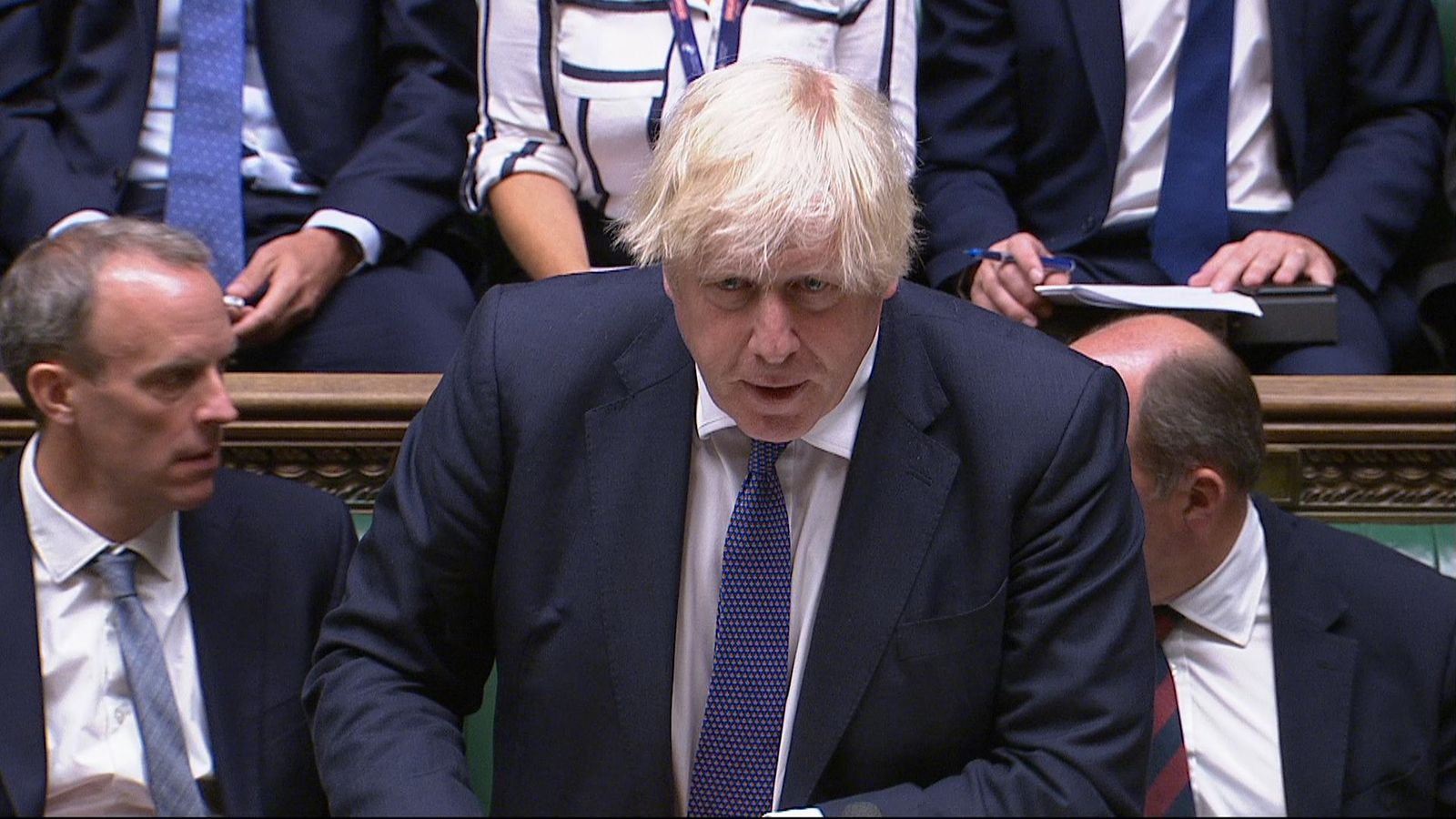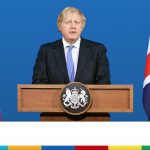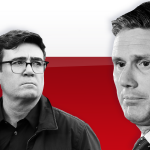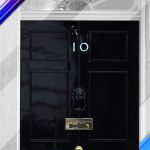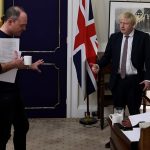The House of Commons was packed for the first time in 17 months, MPs breaking off their holidays to voice their anger, frustration and sorrow over the crisis that is unfolding in Afghanistan.
Unusually for a recall of parliament, there was no vote on Wednesday. Instead there were seven-and-a-half hours of remonstrations as MP after MP rose to despair at the speed and manner in which Afghanistan fell back into the hands of the Taliban after a 20-year war that cost so much in time, in money and in lives.
It was striking to see the prime minister at once surrounded by colleagues and seemingly almost completely alone.
At the dispatch box to defend his government’s record, arguing allied forces had “succeeded” in their core mission to get rid of al Qaeda, he was assailed from all sides over not just the handling of the withdrawal from Afghanistan, but his lack of leadership on the global stage.
Please use Chrome browser for a more accessible video player
There was criticism of the operational failures that saw the British military scrambling to evacuate embassy staff, Afghan interpreters and service personnel and British citizens.
Theresa May asked her predecessor whether British intelligence was so poor that we didn’t foresee the Taliban’s rapid march on Kabul. Did the UK government fail to understand – or ignore – the fragility of the Afghan government and forces?
The implication of her questioning plain to see: that the prime minister did know all this and had failed to act.
Ms May also upbraided her successor on the broader strategic matter of leadership and Britain’s foreign policy objectives. Was the UK reduced to just being the poodle of the US? Why had Mr Johnson not even attempted to step up form an alternative alliance with NATO allies after the US stepped back?
“What does it say about us as a country? What does it say about NATO that we are entirely dependent on a unilateral decision taken by the US,” she asked a chastened PM.
“I’m afraid this has been a major setback for British foreign policy. We boast about Global Britain, but where is Global Britain on the streets of Kabul?”
Please use Chrome browser for a more accessible video player
For his part, the prime minister insisted that the “hard reality” was that the West could not continue on this US-led mission without American logistics and American might.
But the UK government must take some responsibility for the bungled handling of the Afghanistan withdrawal and the devastating and fatal consequences it could have for those Afghans who supported the Allied forces.
And it knows it. Number 10 now promising to double its humanitarian aid to the region, take in 20,000 Afghan refugees and work with the international community to find a clear plan to deal with the Taliban regime in “a unified and concerted way”.
The political decision to withdraw from Afghanistan will most probably in years to come be the millstone around the neck of President Biden – his great foreign policy misstep.
The world is now a little more dangerous. The West’s enemies emboldened, NATO weakened and a humanitarian crisis that knows no borders on the horizon.
Please use Chrome browser for a more accessible video player
Twenty years of progress undone and a tragedy unfolding as we – in the words of Foreign Affairs Select Committee Chair Tom Tugendhat – swap “patient achievement for a second fire and a second war”.
But the responsibility for this foreign policy failure lies with Boris Johnson too, and he cut a diminished figure in the Commons on Wednesday, deserted by his colleagues and weaker on the world stage.
A watershed moment for the West and our PM too, that will reverberate for years to come.
